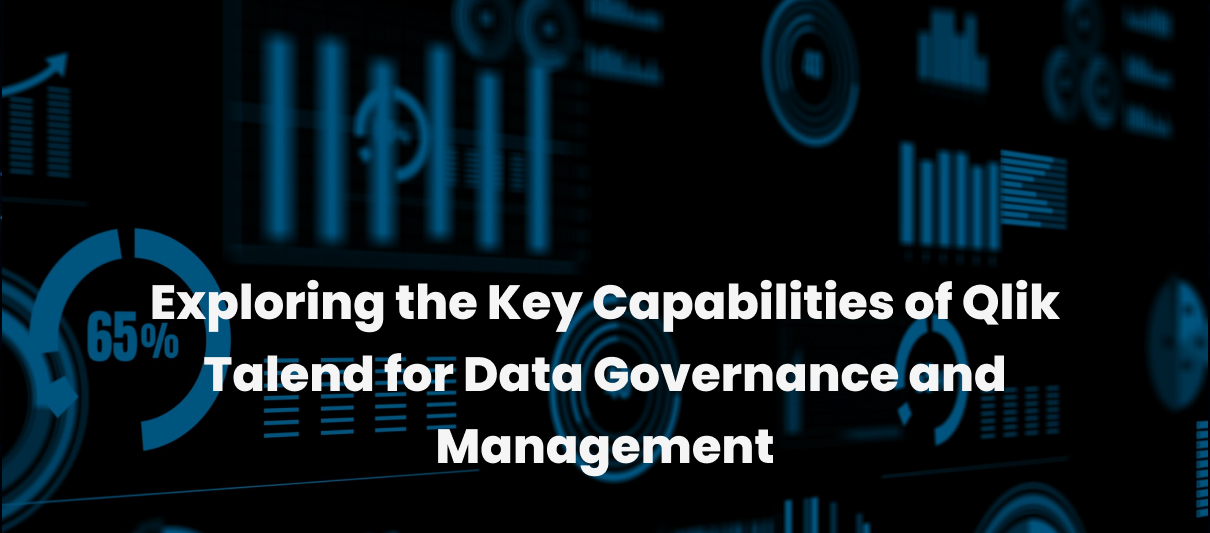Key Use Cases of Robotic Process Automation in Logistics for 2025
Introduction
According to the Logistics viewpoint, approximately 24% of organisations have implemented RPA in logistics. Additionally, nearly 66% of organisations are likely to implement RPA in logistics and warehousing in the near future. These statistics reflect the growing adoption of RPA in logistics due to its ability to use intelligent automation technologies to eliminate repetitive tasks, data silo issues, inefficient shipment tracking, and customer services.
RPA stands for Robotic Process Automation, alternatively referred to as software robots. These intelligent automation technologies are designed to automate repetitive and rule-based digital tasks. In the logistics industry, RPA plays a crucial role in optimising operations, enriching supply chain performance, and driving efficiency across various processes.
This blog provides insights into the major use cases of robotic process automation in the logistics industry. It highlights the simplification and improved productivity of order processing, supply chain management, customer service, accounting, predictive maintenance, and data entry automation owing to the adoption of RPA.
Robotic Process Automation: An Overview
This software-based technology simplifies and automates repetitive and rule-based tasks by replicating human interactions with software applications. RPA’s major functions focus on automation, data handling, and system integration, which boosts error reduction, streamlines data management, and improves accuracy.
Both IT professionals and citizen developers desire robotic process automation due to its effortless implementation with low- to no-code tools. It adheres to an iterative development model, facilitating the deployment, testing, and refinement of bots at every phase. This approach enables IT teams to begin by automating simple processes, evaluating their performance, and making improvements before scaling up to more complex tasks.
Further reading: RPA Journey: 4 Stages To Successful RPA Implementation
Implementing RPA in the advancement-driven logistics industry is a transformative approach to streamlining intricate workflows such as inventory management, order processing, shipment tracking, invoicing, and customer communication.
Top Use Cases of Robotic Process Automation in Logistics
For the maximum utilisation of this technology, one should completely comprehend its full potential.
Order Processing & Fulfilment:
Order Entry:
RPA optimises order entry by automatically extracting order details from e-commerce platforms like Amazon, Shopify, and Noon, as well as ERP systems such as SAP and Oracle. This minimises human errors, accelerates order processing, and ensures that the data is accurately captured and stored in the order management system, facilitating timely and efficient logistics operations.
Shipping & Delivery,
Managing traditional freight transportation methods comprises creating shipping labels, updating shipment statuses, handling address errors, and notifying customers, all of which are prone to human error and delays. Through software bots, automated shipping labels, real-time order status, rapid address change updates, and customer notifications are possible without extensive labour. RPA stimulates reliable and fast shipping with enhanced customer satisfaction.
Supply Chain Management:
Vendor management:
Robotic Process Automation (RPA) in supply chain management streamlines vendor data integration from multiple sources like supplier registration forms, invoices, and contracts into the Vendor Management System (VMS). By automating tasks such as vendor onboarding, contract management, and invoice processing, RPA enhances procurement efficiency, ensures compliance, and strengthens vendor relationships.
Demand forecasting
RPA automates the collection of market trends and historical sales data from systems like ERP, CRM, and other repositories. By integrating this data with forecasting algorithms, RPA generates accurate demand predictions. These insights enable companies to adjust production schedules and optimise resource allocation, ensuring they can meet future demand more effectively.
Risk management:
This rule-based automation leverages real-time external and internal data derived from supply chain performance metrics, logistics reports, and news feeds. It can identify risks such as supply disruptions, delays, and geopolitical events. Then, it generates and updates alerts in the dashboard for real-time insights that can be used for insightful and immediate action.
Customer Service & Support:
In logistics, achieving optimal customer satisfaction and delivering exceptional support are paramount to success. In legacy logistics systems, manual errors, limited services, support system lag, and inefficient management are daily occurrences. Robotic process automation automates redundant, complex, and time-consuming customer support tasks that free up employees for more critical and high-priority operations.
Major tasks optimised by RPA are as follows:
- Ticketing and Issue Resolution
- Customer Data Management and Updates
- Self-Service Automation
- Order Management and Tracking
- Refunds and Payment Processing
- Sentiment Analysis and Feedback Handling
- Service Level Agreement (SLA) Compliance Monitoring
All the above functions aid the logistics industry in providing faster, more precise customer service, ensuring seamless self-service options. A prominent example is FedEx’s adoption of RPA to revamp its logistics operations, with a particular focus on improving customer service.
Finance & Accounting
Obtaining such intelligent automation for capital-intensive industries like logistics to assist the financial department strategically mitigates the organisation from costly mistakes, legal fees, and reputational damage. The two major functions of RPA in accounting and finance departments are process invoicing and accounts receivable.
Processing of Invoices
RPA automates the extraction, validation, and matching of invoice data with purchase orders or delivery receipts, ensuring accuracy and speed. Bots retrieve key information, such as invoice numbers, amounts, and vendor details, which are then processed in the financial system. This reduces manual effort, minimises errors, and accelerates payment cycles.
Accounts Receivables
RPA optimises accounts receivable tasks by automating invoice creation, payment tracking, and follow-up for overdue accounts. By providing real-time payment status updates and sending automated reminders for past-due payments, RPA improves cash flow management and ensures timely revenue collection.
Further reading: The Role Of Robotic Process Automation In Financial Service
Warehouse Operations
Warehouse operations are fundamental to the success of logistics, encompassing tasks such as receiving, storing, picking, packing, and shipping. Efficient execution of these tasks is crucial for maintaining accurate inventory levels, ensuring timely order fulfillment, and creating seamless product flow. Any inefficiency, such as shipment delays, incorrect inventory storage, or packing errors, can result in bottlenecks, supply chain disruptions, and increased costs.
Picking & Packing
RPA integrates with Warehouse Management Systems (WMS) to automate the prioritisation of tasks, generate pick lists, and optimise picking routes. This automation speeds up the picking and packing process, reduces errors in product selection, and enhances overall operational efficiency.
Inventory Audits & Management
Maintaining accurate inventory records is critical for logistics efficiency. RPA helps automate inventory audits by comparing physical counts to digital records in real-time, ensuring consistency. Additionally, RPA tracks inventory levels across the warehouse and facilitates automatic reordering from suppliers when stock reaches predefined thresholds, preventing stockouts and ensuring smooth operations. By integrating with IoT devices and barcode scanners, RPA updates inventory records and flags discrepancies, enhancing visibility and control over stock levels.
SquareOne: Your automation partner
With SquareOne’s robotic process automation solution, the above-discussed logistics use cases can become your day-to-day reality. As a leading provider of digital transformation solutions in the UAE with more than a decade of expertise. SquareOne offers seamless integration and automation of RPA solutions for your logistics needs.
RPA bots can be customised to address all your logistic needs. Collaborating domain expertise with leading RPA product providers, such as Hyland, Microsoft Power Automation, and Automation Anywhere, they streamline your workflow to its maximum potential.
Conclusion
One of the leaders of the logistics industry, Mihir Shukla, CEO of Automation Anywhere, advocates that RPA not only automates mundane tasks but also transforms business operations by enhancing productivity and customer support with less operational expenditure.
Robotics process automation mitigates fragmented data silos, inefficient inventory management, revenue loss, and, ultimately, interrupted distribution. It promotes errorless distribution of stocks while maximising resources to their full potential. From data entry to inventory delivery, RPA solutions offer two-step assurance and relief to the distributors. By automating and scheduling various steps of logistics management, RPA unlocks the maximum usage of automation technology to deliver reduced running costs, ensure 24/7 availability, and improve compliance with industry regulations. Ultimately, RPA for logistics empowers companies to streamline operations, enhance customer service, and gain a competitive edge in the market.













